Are Mosquitoes Attracted to Visible or UV Light? Facts & FAQ
-

- Last updated:
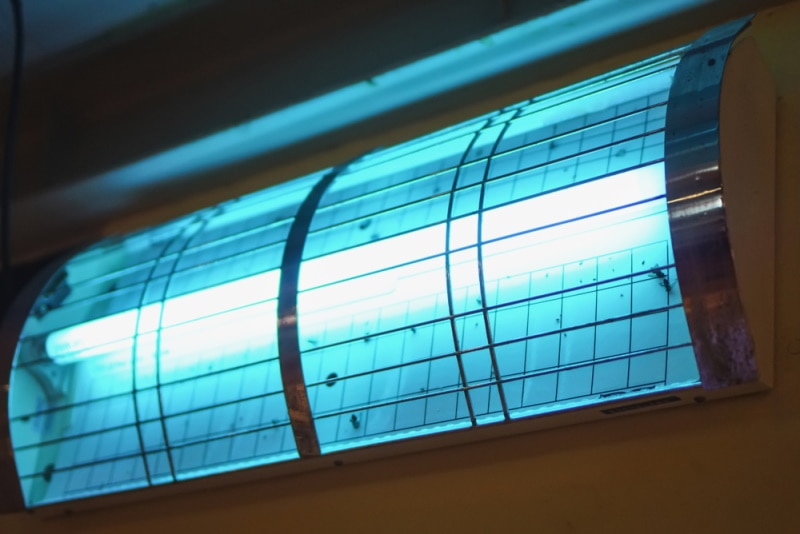
If you’ve lived in the tropics or a place with lots of stagnant water, chances are you’ve experienced mosquito activity. You have to admit; it can be pretty annoying when they enter your home. They are also disease vectors and should be taken seriously.
It’s very easy for mosquitos to find their way into your house and lay eggs. The best way to discourage mosquito activity in your home is by determining what they are attracted to. This includes determining the kind of light they are attracted to between visible light and UV light.
Mosquito Attraction to Visible Light and UV Light
Many insects are attracted to UV light, which is why it’s used in most insect zappers. The light emitted lures bugs, and the zapper sizzles them on contact. Unfortunately, mosquitos don’t fall under that category.
Several experiments have proven that mosquitos are not as attracted to UV light. Instead, they are repelled by it, which is why bug zappers don’t work. They are also repelled by blue light, which might be why many mosquito bites happen after dark.
However, different mosquito species are attracted to light at certain times of day and night; this also depends on their gender. Some day-biting are attracted to light since it acts as a cue that they can go and search for food.
Female anopheles mosquitoes are the only mosquitos that seek out humans for blood. They mainly bite during the day and are attracted to natural light. On the other hand, those that are active at night avoid light because they rest during daytime hours.
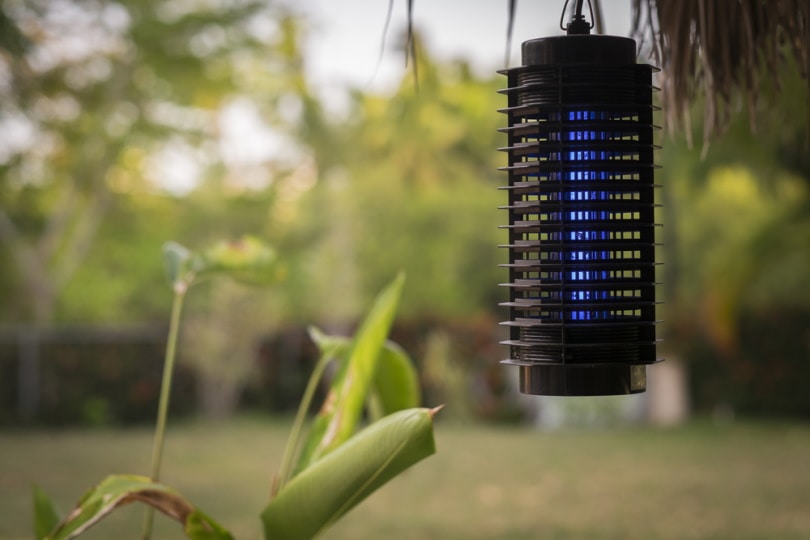
What Are Mosquitoes Attracted To?
Some people attract more mosquitos than others. This could be due to:
- Drinking alcohol
- Wearing dark clothes
- Your blood type
- Body temperature
- Sweat
- Pregnancy
- Using perfume or scented oils
The 6 Things Mosquitoes Are Attracted to
1. Dark Clothing
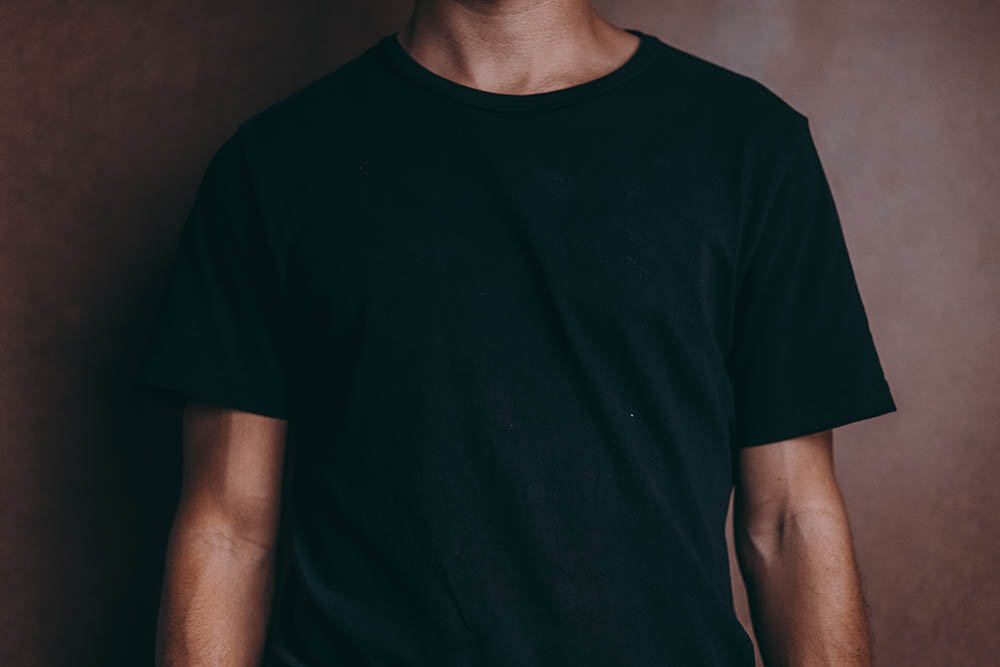
According to research, mosquitoes are attracted to dark colors. This might have something to do with the way different colors reflect light. For instance, bright colors reflect more light than dark colors, such as black and gray.
Mosquitos can spot people who wear dark clothes from a distance and tend to gravitate toward them. Also, if you have dark walls, furniture, or curtains, you are more likely to have mosquitos in your home.
2. Pregnancy
Pregnant women tend to attract fewer mfosquitos than their non-pregnant counterparts. This is because pregnant women undergo more metabolic activities and subsequently exhale more CO2. They also have a higher body temperature and more blood circulation. Like most animals and insects, mosquitos can also smell hormones pregnant women emit.
3. Blood Type
Mosquitoes are attracted to people with type O blood. They are least attracted to AB blood types, so people with this blood type experience fewer mosquito bites.
4. Drinking Alcohol

If you drink alcohol regularly, your pores release a chemical that attracts mosquitoes. Additionally, drinking increases body temperature and blood circulation, which attracts mosquitoes.
5. Body Temperatures
Night-feeding mosquitos love warm conditions and locate mammals by heat sensing. The higher your body temperature is, the easier it is for mosquitos to find you. Some activities that increase your body temperatures include; eating chili and exercising.
6. Sweat

Mosquitoes need water for their metabolic activities, which is why they are attracted to areas with high humidity levels, such as pools and human sweat. Research done in 2000 found that people who sweat in their sleep are more prone to mosquito bites than those that don’t. Also, showering before you sleep reduces the risk of mosquito bites.
The 7 Ways to Prevent Mosquito Bites
When a mosquito lands on your skin, it sucks on your blood and leaves its protein saliva behind. The body sees this as a threat and reacts by producing histamine to attack the proteins left behind, which can cause red itching welts. This is why you feel itchy after a mosquito bite. Mosquitoes also carry various diseases, including the zika virus, malaria, and chikungunya.
Preventing mosquito bites should be a huge priority, especially if you are traveling to certain regions. Luckily, there are several dos and don’ts on how you can do that.
1. Stay Cool
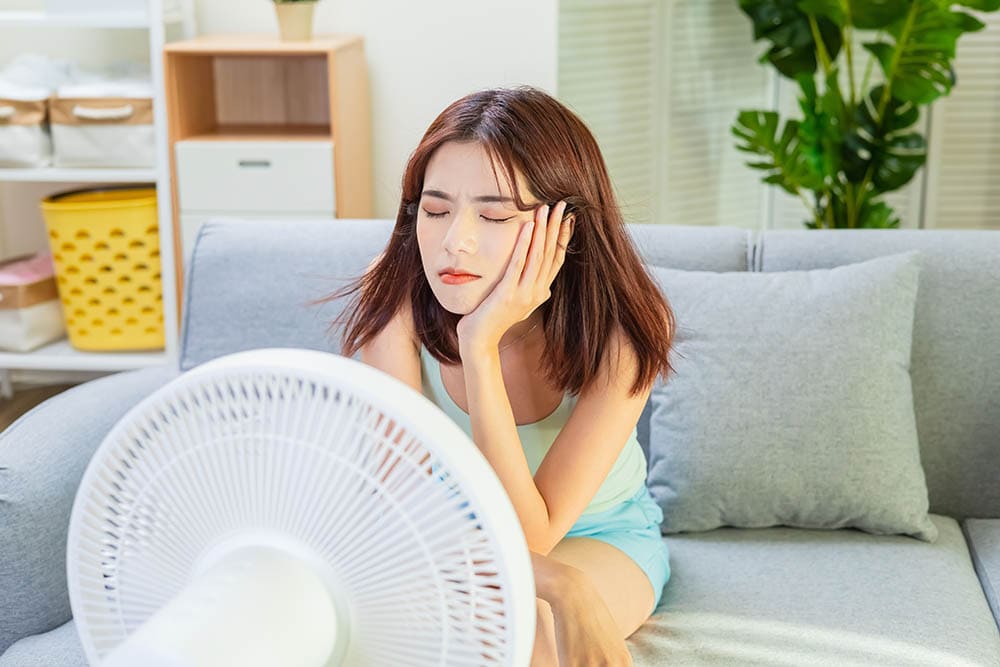
Maintaining a low body temperature is easier said than done, especially during summer or after a treacherous activity. Staying cool, however, reduces the amount of sweat that you produce. You can do this by taking cool showers, sipping a cold drink, or staying near a fan.
2. Use Mosquito Repellant
A repellant should keep you safe from mosquito bites at all times. There are many options for mosquito repellants out there. Some come in sprays, oils, and roll-ons. If you are unsure of the best mosquito repellent, pick one with the Environmental Protection Agency’s approval. They cause less damage to the environment and use products that don’t cause skin irritations.
3. Get Rid of Stagnant Water
Mosquitoes that spread malaria and the zika virus usually breed in stagnant water. They can breed in stagnant pools, ponds, and even birdbaths. Drain any stagnant water or it’s not near the house.
4. Wear Clothes That Provide Cover
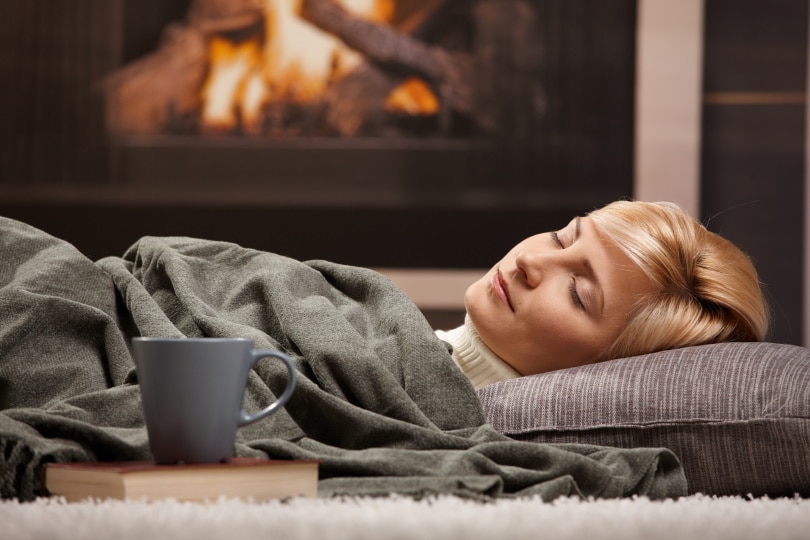
If you have a mosquito problem, try wearing clothes that provide whole-body coverage to protect yourself from bites. This includes long-sleeved shirts, socks, and long pants. The clothes don’t have to be heavy to offer full coverage; mesh clothes work better since they also prevent your body from overheating.
5. Plant Mosquito Repellent Plants
You can plant several plants in your yard to repel bugs and mosquitos. Doing so will allow you to spend time outside without fear of mosquito bites. Luckily, most of these plants are easily available and easy to grow. Some examples are citronella, lavender, rosemary, mint, basil, and marigold. You can also use these plants to make your mosquito repellant.
6. Avoid Peak Mosquito Hours
Most mosquitoes are active at night. If you can limit your outdoor activities during those hours, you reduce your chances of getting mosquito bites. If you have to be outside during these hours, ensure you take other precautions, such as applying repellant and wearing clothes with long sleeves.
7. Keep Mosquitos Outside
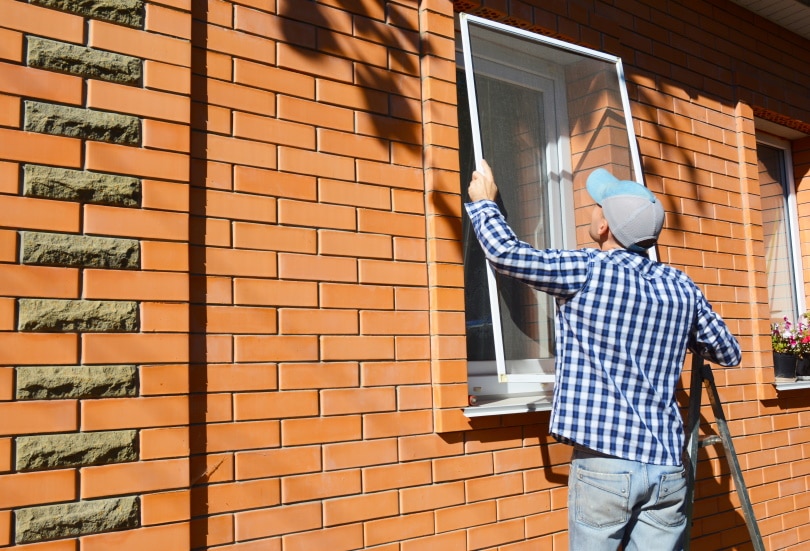
You can prevent mosquitoes from entering your house by using screens on the windows and doors. If you cannot afford a screen, hanging a net on the windows and doors will prevent the mosquitos from getting in.
Conclusion
Mosquitos, like most insects, are often attracted to light bulbs and tend to swarm around them. This is because light allows them to locate their food source. Using yellow light might deter them since it’s not as visible as UV and blue light. However, yellow light does not deter them entirely. If you want to prevent and control mosquitos successfully, apply the above-mentioned precautions.
Featured Image Credit; mansong suttakarn, Shutterstock
Contents

